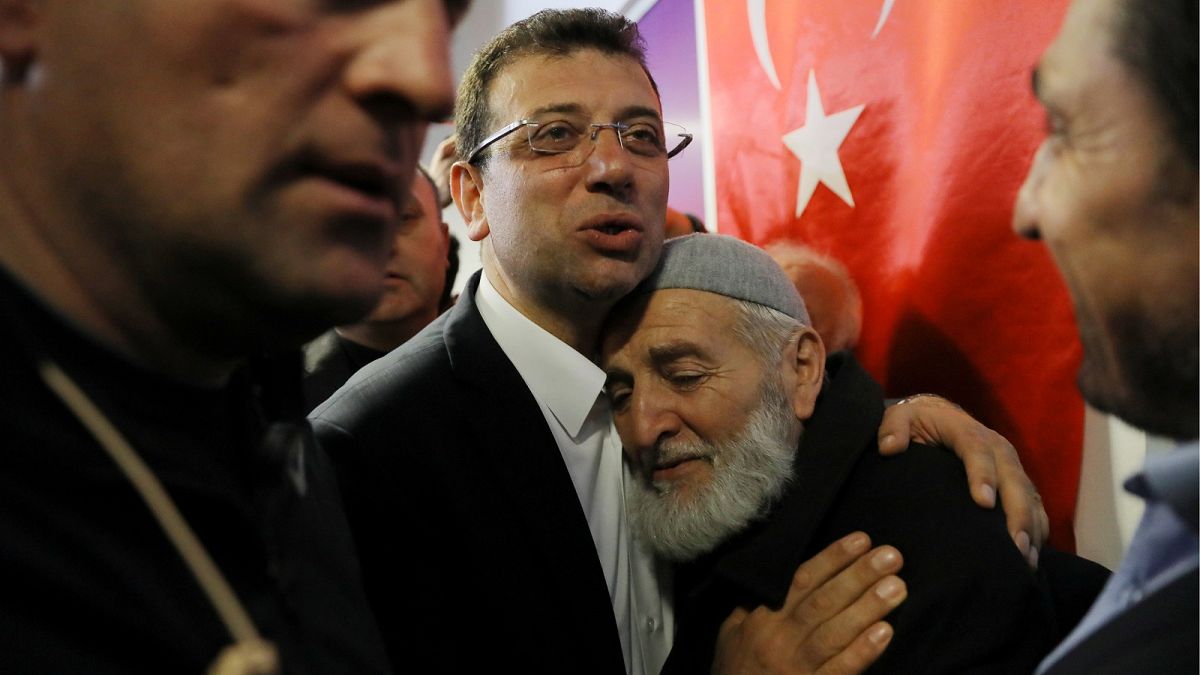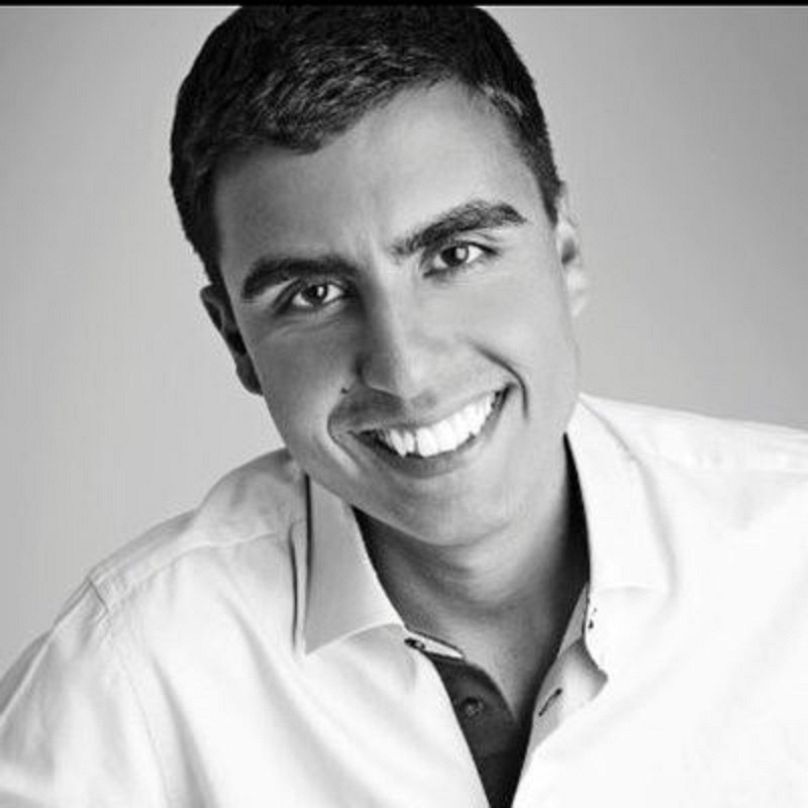An electoral upset for Erdogan's ruling party shows that for all its faults, Turkey is a strong, working democracy - and it is the kind of friend Europe needs right now.
Amidst the constant barrage of coverage calling Turkey an "authoritarian state," and even a dictatorship, came Sunday morning's municipal election upset where the ruling Justice and Development (AK) Party likely lost control of three major cities.
This will probably include the loss of Istanbul (votes are being recount as we speak), where it seems former Prime Minister and AK Party grandee Binali Yildirim was defeated by the CHP opposition.
The election turnout of 84% proves that despite negative perceptions abroad and economic turmoil at home, Turks have not stopped believing in the power of the ballot box. And President Erdogan's immediate acknowledgement that the government must "begin to fix our faults" is a sign that change is coming to Turkey in terms of its political expression, the independence of its judiciary and even freedom of the press.
One of the few things that has been stable in Turkish politics for some time is the election turnout. The Republic of Turkey has levels of political participation that so-called “developed” democracies can only dream of. Turnout in last week’s municipal elections was actually relatively low for Turkey; in the last four elections since 2015, turnout was even higher.
This is in stark comparison to votes in Western Europe, where even for key events like Brexit, turnout is significantly lower (72% in the case of the EU referendum in the UK). Low turnout is often seen as a sign of weakening trust in a democracy. So surely Turkey’s level of participation is evidence of a healthy politics?
One thing is for sure: we in Europe have to reassess our assumptions about what makes a “strong” democracy. And that means challenging the vaguely racist idea that democracy is a geocentric European invention that Muslim minds will forever struggle to understand. This is to say nothing of the fact that Istanbul is nearer to Athens, the birthplace of democracy, than Berlin or London.
This does not mean that Turkey is perfect. For years, the state has been quietly struggling with a coup attempt, a US-backed terrorist insurgency, a refugee crisis that makes Europe’s pale in comparison and necessary involvement in the Syrian war for the sake of its own security and territorial integrity.
This has taken a toll on the judiciary, the media and other elements of civil society. But despite it all, Turkey’s people still want to vote.
This presents a predicament for outside observers who find President Erdogan’s assertive - even muscular - leadership style alienating. Witnessing his continued electoral success, the only explanation in their minds was that elections were rigged. This position is impossible to maintain now that his party has had some failures. If you’re going to rig elections, surely you would rig them all?
For all its faults, Turkey is a democracy - and it is the kind of friend Europe needs right now. At a time when the continent is turning inward and the far right is trying to rob Turkey of its European identity, there could be no greater coup than for Europe to bring Ankara closer to Brussels.
And stronger relations with a fast-developing majority Muslim nation would destroy white nationalist images of Europe (just read the Christchurch attacker’s manifesto to see how essential the othering of Turkey is to that worldview).
Working with Turkish state and civil society institutions will also strengthen European governments’ relations with many of their own citizens.
For example, many of the four million Germans of Turkish heritage are tired of the fetishistic slander of their country of origin by parts of the German press. Developing a relationship of inclusion and consistency with the country many of them still consider their motherland will reinvigorate their engagement with German and European politics and civil society.
It may even be enough to secure an 84% turnout at the next German election.
Muhammed Yesilhark is a philanthropist, a trustee of the UK National Zakat Foundation and founder of the Q2Q Foundation

